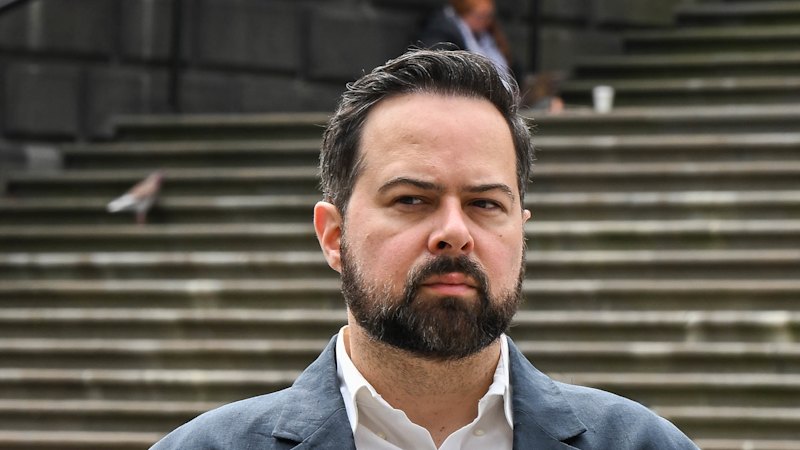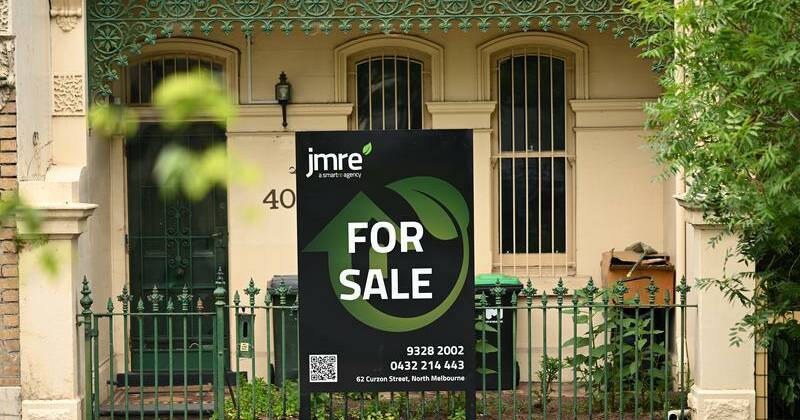
UPDATE: A dramatic power struggle has erupted within Residents 3000, Melbourne’s leading action group for CBD residents. Last week, secretary Merle Willis issued an explosive call for president Rafael Camillo to resign, accusing him of orchestrating a “political takeover” that has plunged the group into chaos.
Willis’s urgent message, sent to members, characterized the environment as “unacceptably hostile” and claimed that Camillo’s leadership was “too dominated, controlled and directed” for personal gain. This extraordinary internal conflict is shocking for a group that typically focuses on community issues like the Metro Tunnel and Queen Victoria Market redevelopment.
The tension escalated when Camillo, who was elected to the City of Melbourne council last year on a ticket led by businessman Gary Morgan, dismissed Willis’s demands. “I will not be stepping down as President of Residents 3000,” he declared, asserting that he does not face a material conflict of interest since he does not receive a salary from the organization.
Critics have raised concerns about Camillo’s dual roles, questioning whether he represents the interests of Residents 3000 or his responsibilities as a councillor. “My decisions as President reflect my personal views, not the priorities of Council,” he stated, igniting further debates about accountability and representation within the group.
In a twist, Camillo informed members that Willis is no longer secretary, urging them to disregard her “unauthorized” communications. However, Willis fired back, sending two lengthy emails totaling around 4000 words, including one timestamped at 3:12 AM. “They have not followed any of the proper processes to have removed me as secretary. Nor have I resigned,” she asserted, vowing to maintain her position as a long-time member.
This leadership crisis is set to come to a head at the group’s upcoming Annual General Meeting (AGM) next month, where members will have the chance to voice their opinions and potentially reshape the committee’s direction.
As the situation develops, residents are left questioning the future of their advocacy group. Will this internal strife impact their ability to address pressing urban issues? The next steps from both leaders could significantly influence the group’s dynamic and effectiveness moving forward.
Stay tuned for more updates on this unfolding story as authorities and residents alike grapple with the implications of this leadership turmoil.





